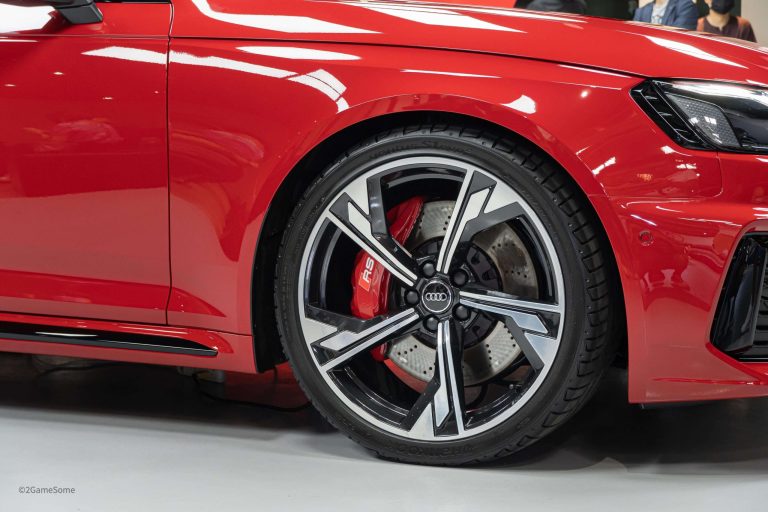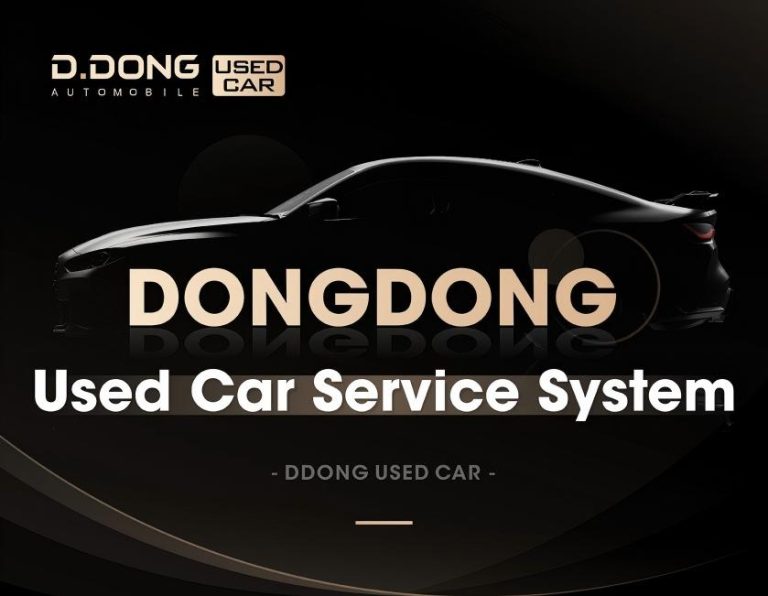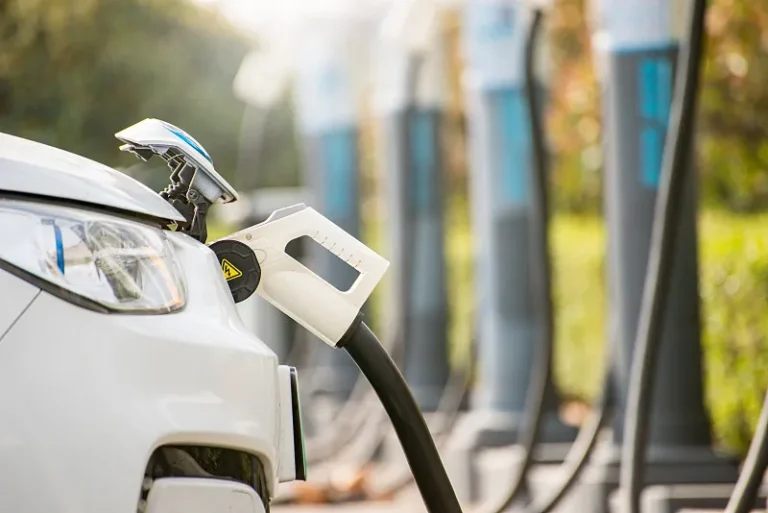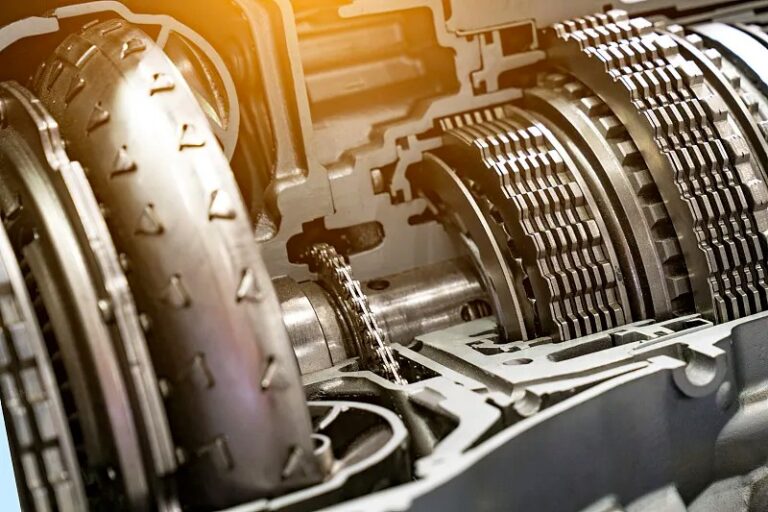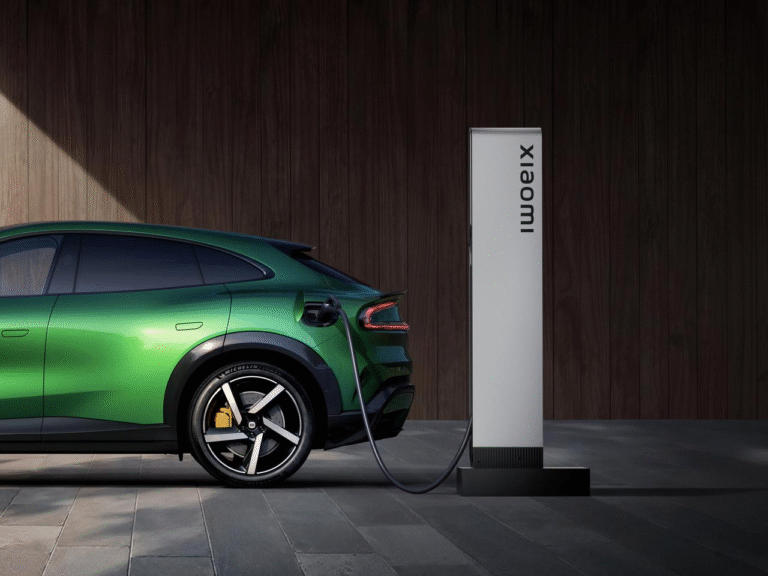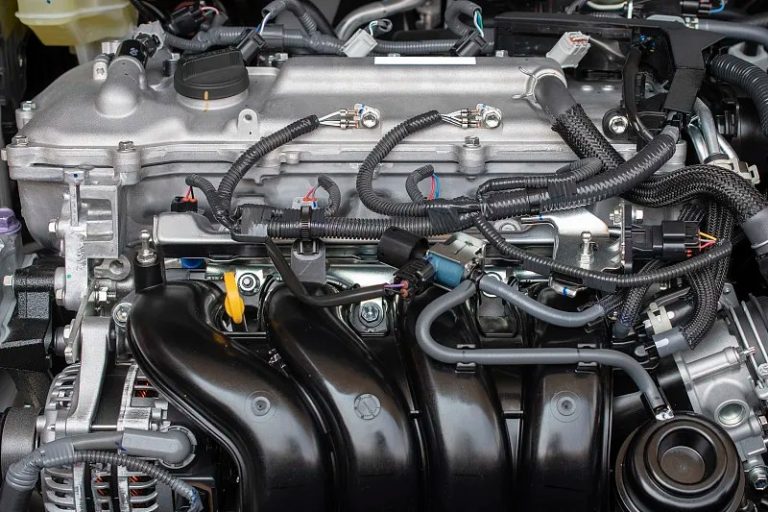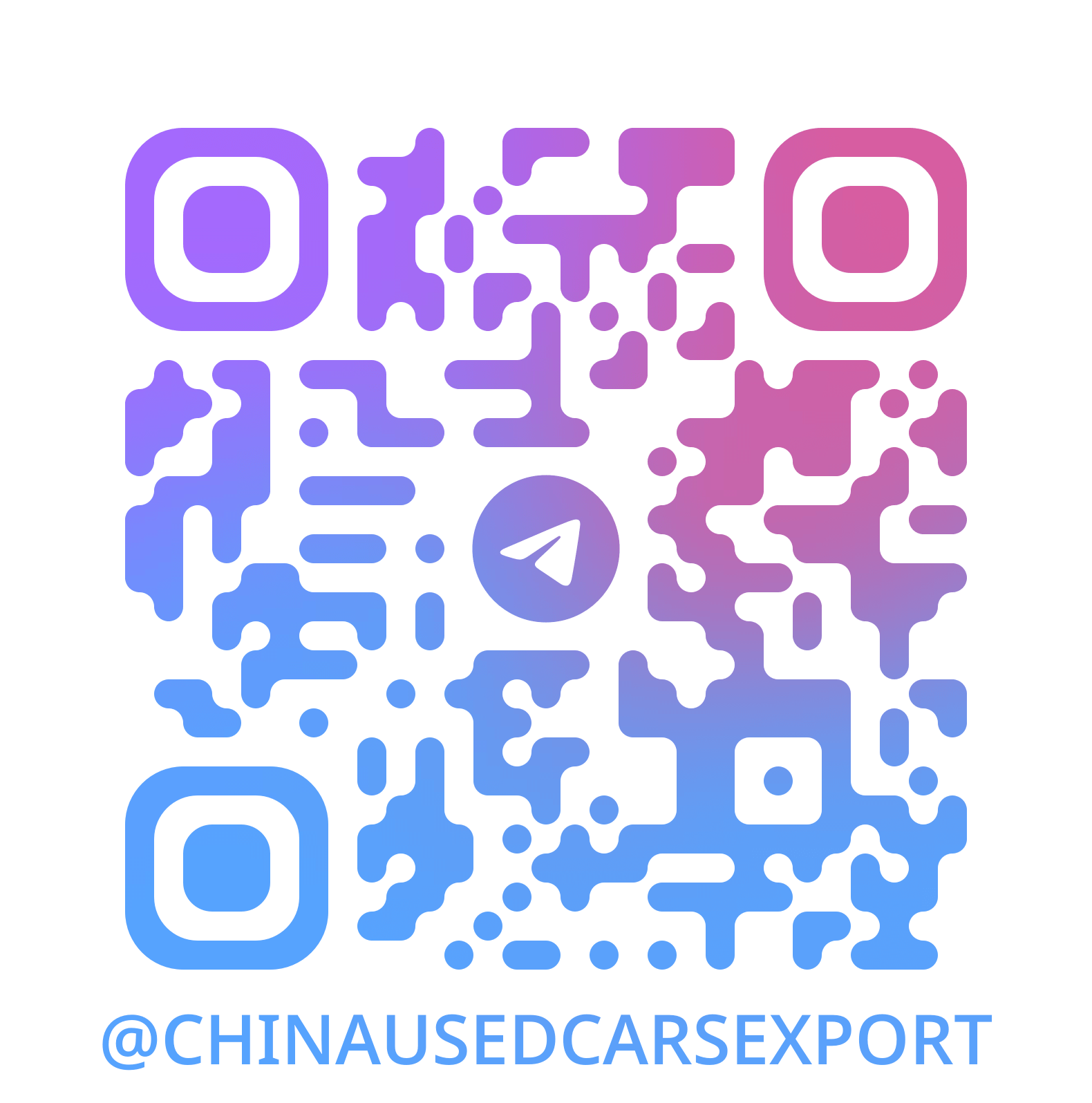5 Key Factors That Affect Your Car’s Lifespan
A car’s lifespan isn’t just a number on the calendar. It hides in your driving habits, the way you maintain it, and even the climate you live in. From harsh acceleration to ignoring rust under the chassis, many overlooked details quietly determine how long your car will truly last.
Let’s break down the 5 key factors that directly affect a vehicle’s service life:
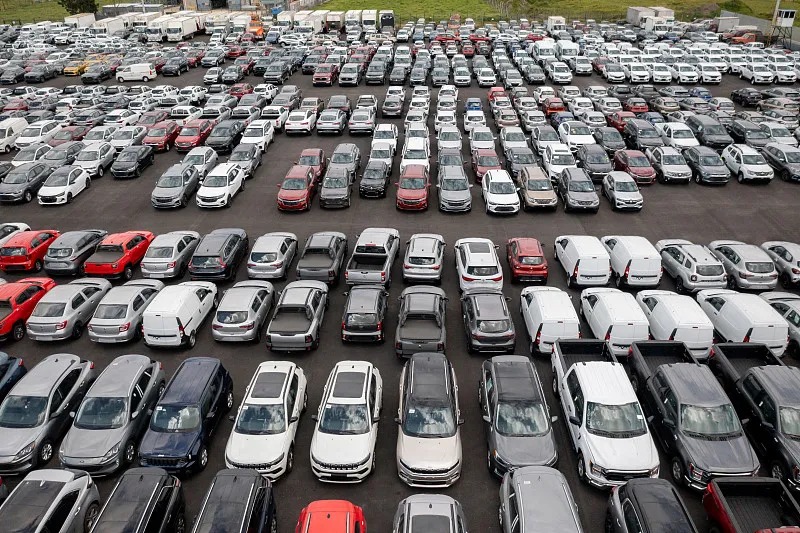
1. Build Quality and Design
The foundation of a long-lasting car lies in its engineering.
- Manufacturing standards and materials: The carmaker’s build quality—such as welding precision and anti-rust treatment—along with materials used (e.g., high-strength steel, engine block materials) greatly impact durability. Japanese cars often focus on engine reliability, while some German brands emphasize chassis rigidity.
- Performance of core components: Key parts like the engine, transmission, and chassis determine longevity. Naturally aspirated engines are often more durable than turbocharged ones due to simpler mechanics. Manual transmissions also tend to outlast automatics.
- Vehicle type and purpose: Commercial vehicles (like taxis or trucks) are built for heavy use. They typically feature reinforced components that extend service life compared to standard passenger cars.
2. Driving Habits and Usage Behavior
How you drive has a direct impact on wear and tear.
- Frequent hard acceleration or braking strains the engine, wears brake pads faster, and damages the transmission over time.
- Prolonged idling causes incomplete fuel combustion, leading to carbon build-up in the throttle and fuel injectors.
- Overloading the car or uneven weight distribution damages suspension components and tires, and can even deform the chassis.
- Driving too fast when the engine is cold increases friction and wear, as oil hasn’t fully circulated.
- Constant short-distance driving prevents the engine from reaching optimal temperature, reduces fuel efficiency, and speeds up carbon accumulation—especially harmful to hybrid batteries.

3. Maintenance Frequency and Quality
Regular care is essential for extending your vehicle’s life.
- Timely routine maintenance: Following the service manual to replace oil, filters, spark plugs, and other parts helps avoid excessive wear.
- Quality of replacement parts: Low-quality oil or aftermarket parts can corrode or damage internal components. For example, poor oil may overheat the engine.
- Professional repair: Untrained mechanics may overfill transmission fluid or leave bolts loose. Certified technicians follow proper protocols to prevent secondary issues.
- Component-specific care: Rotate and balance tires, maintain battery charge, and replace cabin air filters to prevent mold buildup in HVAC systems.
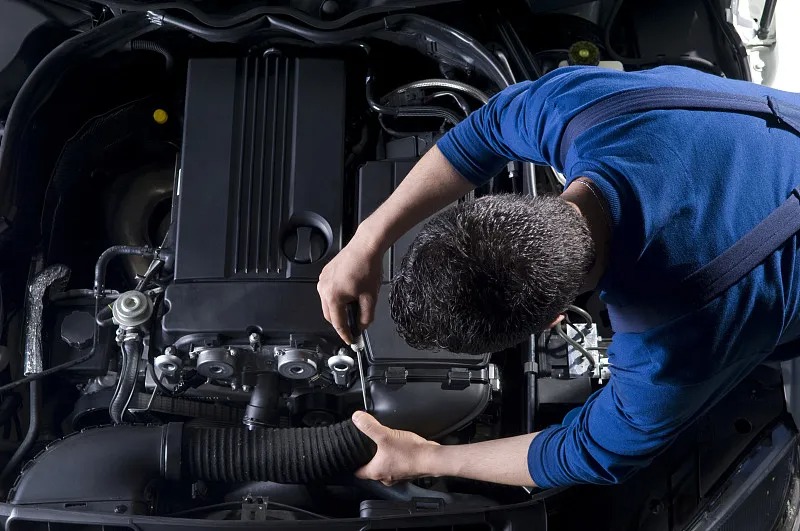
4. Environment and Driving Conditions
Where and how your car is used also matters.
- Climate: High heat and humidity (especially in coastal areas) can accelerate rust and rubber aging. In freezing regions, cold temperatures reduce battery efficiency and may crack water pipes if left outdoors.
- Road conditions: Gravel or muddy roads damage underbody coatings and clog air filters with dust. City traffic increases stop-and-go wear on brakes and transmissions. Mountainous roads wear out brakes and clutches faster.
- Parking conditions: Cars parked outdoors suffer more from UV exposure and rain, leading to faster paint and interior aging. Moist environments may also cause electrical short circuits.

5. Fuel or Energy Quality and Compatibility
What powers your car plays a big role in its health.
- Fuel grade and purity: Using gasoline with a lower octane rating than required can cause engine knock, harming pistons and valves. Poor-quality fuel with high sulfur content corrodes fuel systems and blocks injectors.
- EV battery care: For electric vehicles, battery life depends on charging habits. Constant fast charging, storing at full charge, or deep discharges in cold weather degrade battery health. In PHEVs, unused gasoline stored for over three months may spoil, affecting engine performance.
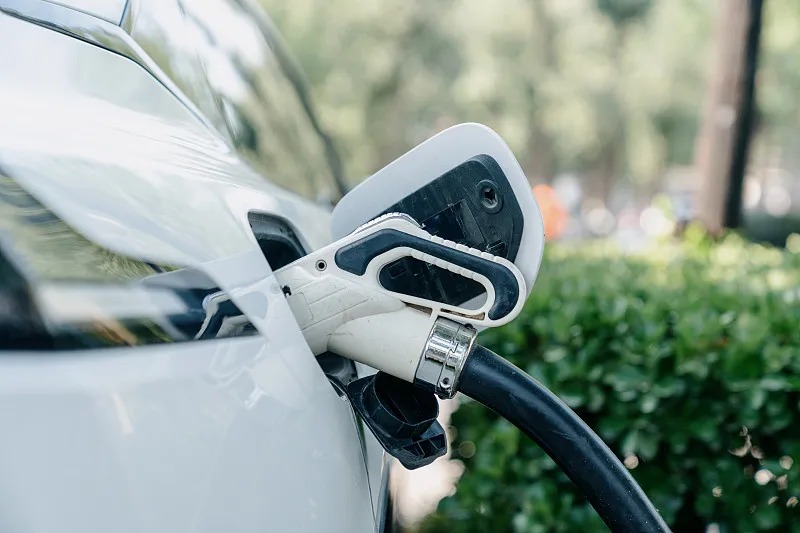
Conclusion
A Car’s Lifespan results from the combination of design quality, driver habits, maintenance, environment, and energy usage. To extend your car’s lifespan, drive smart and maintain regularly.
If you have a need to buy a used car, or if you run a car business, we’re here to help. As a leading exporter with over 20 years of experience, DDong Used Cars offers a wide range of vehicle brands (100+), efficient logistics, and after-sales support.
Contact us today to learn more. Simply let us know what you’re looking for, and we’ll provide you with an unmatched sourcing experience. Explore our news section for more automotive insights and tips for running a successful dealership.

